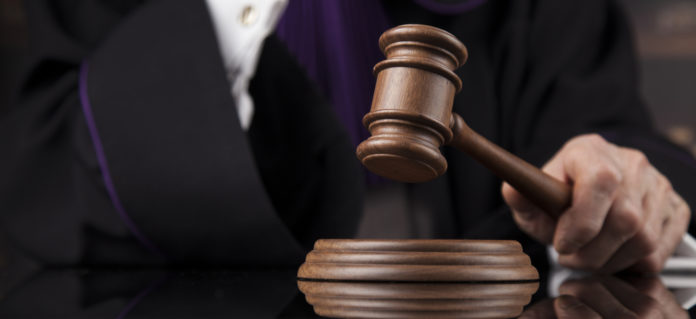Appeal of COFC decision finding protester had not been prejudiced by an evaluation error is denied. The COFC found that while the agency had erred in assigning a strength to the awardee, that error had not prejudiced the protester. The protester argued that there is a presumption of prejudice whenever the court finds a procurement error. The Federal Circuit unequivocally rejected the protester’s argument. There is no presumption of prejudice when the protester demonstrates an error. Rather, prejudice must be established separate from the error.
Background
The Army awarded a contract for helicopter flight training to CAE USA. An unsuccessful offeror, System Studied & Simulation (S3), filed a protest with the Court of Federal Claims. The COFC rejected most of S3’s arguments but it agreed with one of them—that CAE had been assigned an undeserved strength. Nevertheless, the COFC found that S3 had not prejudiced this error; even without that strength, CAE’s proposal was superior to S3’s.
S3 appealed to the Federal Circuit. S3 contended there is a presumption of prejudice when the protester demonstrates the irrationality of a procurement decision.
Holding
- No Presumption of Prejudice – The court rejected S3’s claim that an unreasonable agency decision is presumptively prejudicial. The court noted that the APA requires courts to take “due account . . . of prejudicial error.” Likewise the Federal Circuit has long held that to prevail in a bid protest, the protester must make a separate showing of prejudice. To the extent COFC decisions had created uncertainty as to the presumption of prejudice, the Federal Circuit rejected their reasoning.
- COFC’s Prejudice Determination Was Reasonable – S3 also alleged that the COFC’s finding or no prejudice was unreasonable. The Federal Circuit, however, saw no error. The COFC appropriately determined the elimination of CAE’s strength would not affect the best value analysis.
S3 is represented by Walter Brad English, Emily J. Chancey, and Jon Davidson Levin of Maynard Cooper & Gale, P.C. as well as by Michael W. Rich of Burr & Forman LLP. CAE is represented by Alexander B. Ginsberg, James Matthew Carter, and Reza Massoudi of Pillsbury Winthrop Shaw Pittman LLP. The government is represented by Evan Wisser, Brian M. Boynton, Martin F. Hockey, Jr., and Elizabeth Marie Hosfor of the Department of Justice as well as by Nicholas Andrew Luccetti of the Army.




